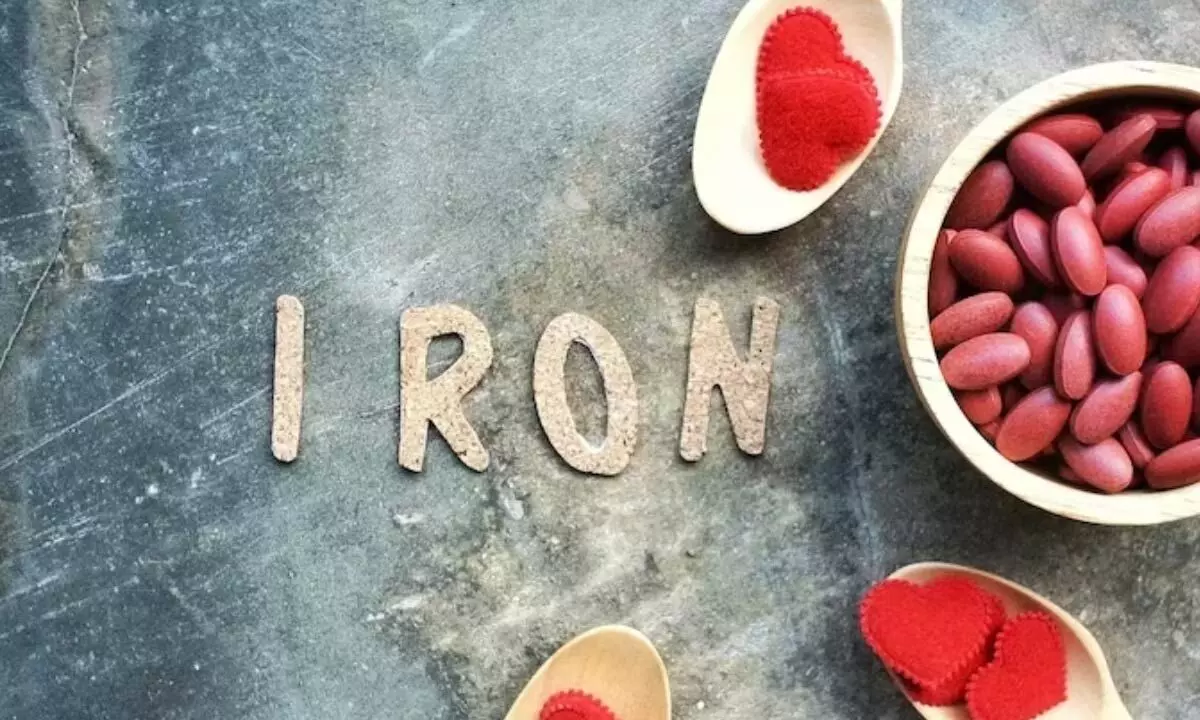Exploring Vitamin D to Iron - Nutrient Deficiencies That Can Cause Mood Disorders

Maintaining a balanced and nutritious diet is not only essential for physical health but also plays a crucial role in our mental well-being
Maintaining a balanced and nutritious diet is not only essential for physical health but also plays a crucial role in our mental well-being. Nutrient deficiencies can have a significant impact on various aspects of our health, including our mood. In this article, we'll delve into the connection between two vital nutrients, Vitamin D and Iron, and how their deficiencies can potentially lead to mood disorders.
Vitamin D and Mood:
Vitamin D, often referred to as the "sunshine vitamin," is crucial for maintaining overall health. It plays a vital role in various bodily functions, including bone health, immune system support, and mood regulation. The primary source of Vitamin D is sunlight, and deficiency is common, especially in regions with limited sunlight exposure.
Research suggests a strong link between Vitamin D deficiency and mood disorders, such as depression and anxiety. The exact mechanisms are not fully understood, but it is believed that Vitamin D influences the production of serotonin, a neurotransmitter associated with mood regulation. Additionally, Vitamin D receptors are present in areas of the brain involved in mood and behavior, further emphasising its importance.
Iron and Emotional Well-being:
Iron is an essential mineral that plays a crucial role in transporting oxygen throughout the body. Its deficiency can lead to anemia, characterised by fatigue, weakness, and shortness of breath. While the physical symptoms are well-documented, the impact of iron deficiency on mental health is gaining recognition.
Research has shown a correlation between iron deficiency anemia and an increased risk of mood disorders, including depression. Iron is involved in the synthesis of neurotransmitters like serotonin and dopamine, which play key roles in regulating mood. When iron levels are insufficient, the production of these neurotransmitters may be compromised, leading to imbalances that contribute to mood disturbances.
The Interplay of Vitamin D and Iron:
Interestingly, there is an interplay between Vitamin D and iron in the body. Vitamin D facilitates the absorption of dietary calcium and phosphorus, but it also regulates the expression of certain iron-related genes. Therefore, a deficiency in one nutrient may affect the absorption or utilisation of the other.
Addressing Deficiencies:
Recognising the importance of these nutrients in mental well-being, it becomes crucial to address deficiencies through dietary changes, supplements, or increased sunlight exposure.
1. Dietary Sources:
• Vitamin D: Fatty fish, fortified dairy products, eggs, and exposure to sunlight.
• Iron: Red meat, poultry, fish, lentils, beans, and fortified cereals.
2. Supplementation:
• In cases of severe deficiencies, supplementation may be recommended under the guidance of healthcare professionals.
3. Sunlight Exposure:
• Spending time outdoors and getting sunlight exposure can help boost Vitamin D levels naturally.
The relationship between nutrient deficiencies and mood disorders is a complex and evolving field of study. While Vitamin D and iron deficiencies have been implicated in contributing to mood disturbances, it's essential to approach mental health holistically. A well-balanced diet, coupled with other lifestyle factors, plays a pivotal role in maintaining both physical and mental well-being. If you suspect nutrient deficiencies may be affecting your mood, consult with a healthcare professional for personalised advice and guidance.











